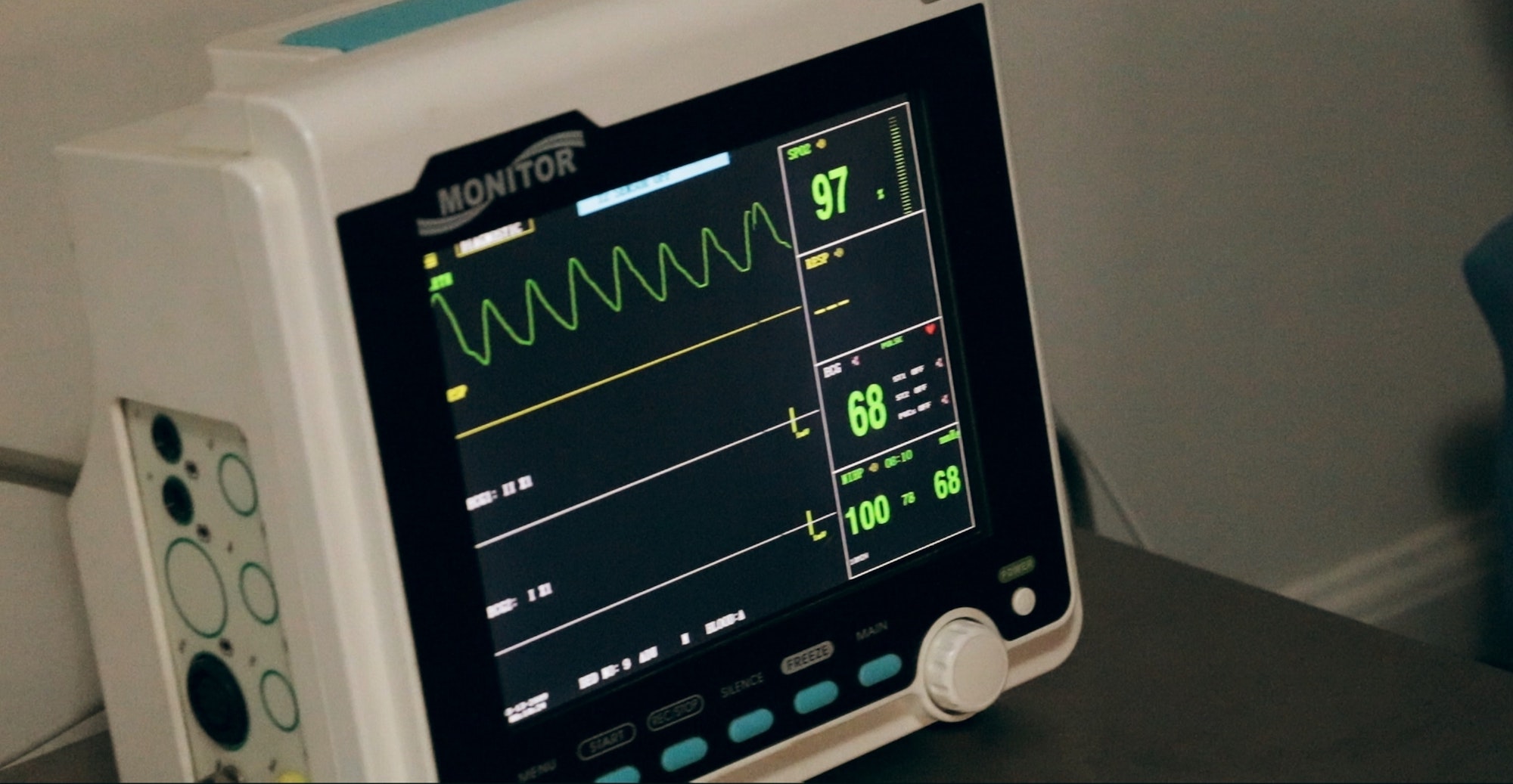Have you ever wondered what that blinking heart icon is on the workout equipment on the gym? That’s a heart rate monitor calculating your total beats per minute. You can also measure bpm with a wearable monitor. What do the numbers mean? What is a healthy heart rate?
What Is the Average Heart Rate for Seniors?
Your heart naturally beats faster or slower as your activity level changes. Also, the ideal range gets lower as you age. Here are the average heart rates for someone age 60:
Resting: 60–100 bpm
The average resting heart rate of adults is between 60 and 100 bpm. This is what your heart rate should be when you wake up in the morning. It’s natural for seniors to have a higher resting rate than youngsters, but staying below 90 bpm is a great goal.
Low-Intensity Exercise: 80–112 bpm
According to the American Heart Association, moderate exercise should push your heart rate to 80–112 bpm. That’s the target you want to shoot for when going for a brisk walk, dancing, playing tennis or gardening.
High-Intensity Exercise: 112–136 bpm
Vigorous cardiovascular activities really get your heart beating and your body sweating. Aim for a heart rate of 112–136 bpm. What are high-intensity exercises? Swimming, aerobics, jogging, mountain biking and hiking. If you love Zumba as much as I do, try to stay in this range during your class.
If your heart rate is too high at first, slow things down a bit. After a few weeks, you’ll be mastering moves like a pro without feeling out of breath!
What Factors Can Affect Your Heart Rate?
To find your true resting heart rate, you’ll want to check it in the morning, before breakfast. Coffee and tea can increase your heart rate significantly. Your heart also tends to beat faster when you’re excited, stressed or nervous.
One of the biggest things that affect bpm are the medications you take. If you’re on a beta blocker, your heart rate will probably be on the low side. Certain thyroid medications can increase the number of beats per minute. If you’re worried because your resting heart rate seems either too low or too high, ask your doctor for a personalized bpm goal.
Why Does Your Heart Rate Matter?
Checking your resting heart rate is important because it lets you take a peek into your heart’s health. If your heart rate is frequently on the high side, you may want to have a doctor run a few blood tests. That way you can catch problems such as high cholesterol ahead of time. By eating antioxidant-rich fruit and leafy green veggies, you can take great care of your heart.
Hitting your target heart rate when you exercise maximizes the benefits you get. You don’t want your heart beating too fast, but you also don’t want your bpm too low. Staying in your target range increases fat burning, treats joints and muscles to inflammation relief and gives you an incredible mood boost.
The fitter your body is, the harder you’ll be able to exercise while staying in the zone. Burn fat, feel energized all day long and keep your heart healthy. There are lots of low-impact, high-intensity exercises that do wonders for your body.


Looks like I could acquire much good information on this site. What are the target heart rates for females in their late 80’s and early 90″s?
Thanks for the email it was great ,Jack
Thanks. I have a resting heart rate of 56 (aged 58) and have been meaning to read up on tis topic. Now I’ve got the info I require.